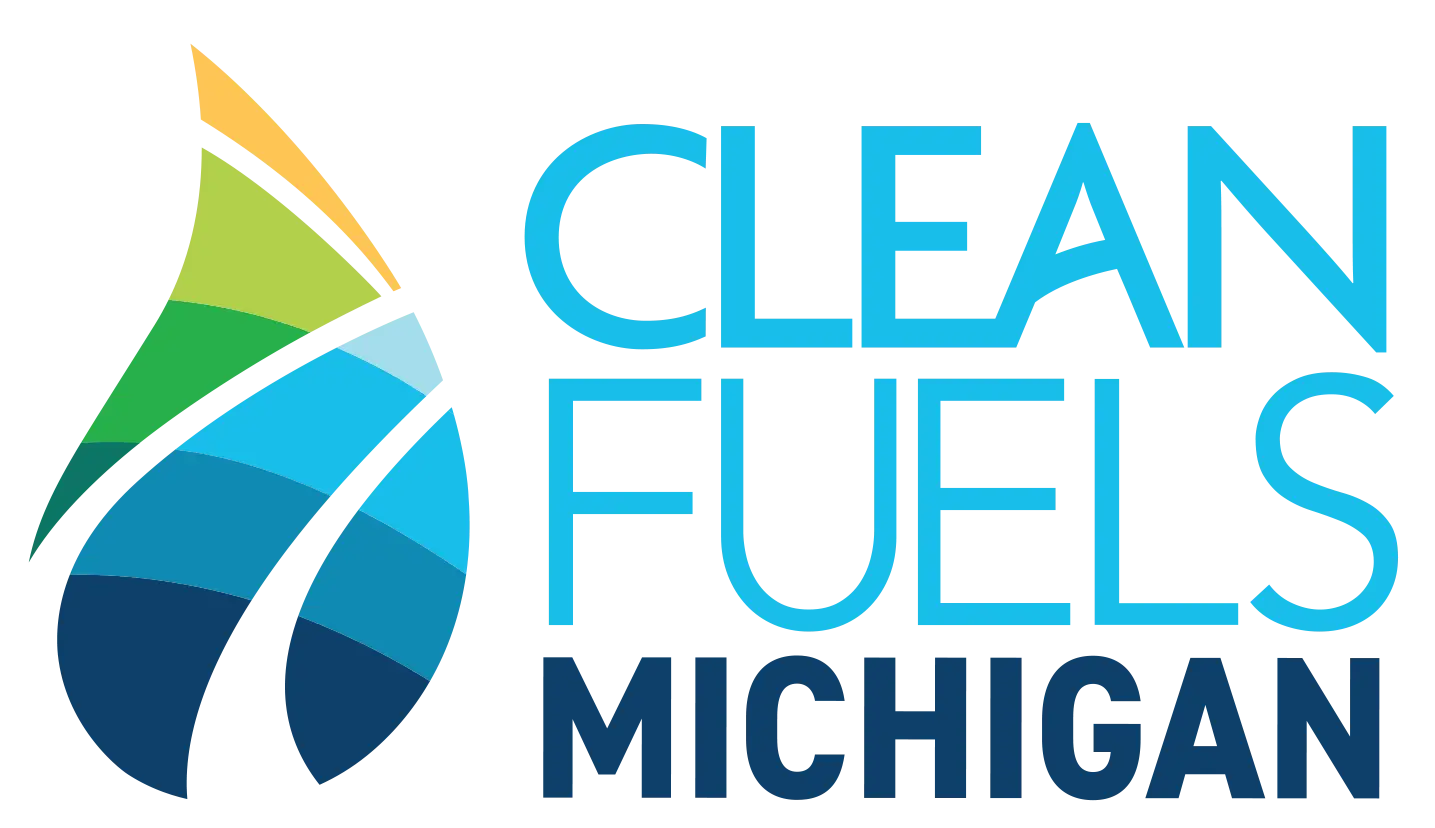The Michigan Legislature is making progress again on adopting incentives for the production of sustainable aviation fuel (SAF) in Michigan. Bills introduced in the Senate by Senator Singh (D-East Lansing) and Senator Bellino (R-Monroe) would create a tax credit for producers of SAF in Michigan. These bills reflect a similar effort from the last legislative session. SB 235 and SB 236 were passed by the Michigan Senate on Wednesday, June 25th, with bipartisan support, a critical step in supporting the development of SAF supply chains in Michigan. House versions of these bills, HB 4424 and HB 4425, have been introduced by Representative Neyer (R-Shepherd). The House bills had an informational hearing in the House Transportation and Infrastructure Committee earlier this month, but have yet to be voted out of committee.
Michigan has a unique opportunity to lead on efforts to decarbonize the aviation sector by supporting the development and use of sustainable aviation fuel. The logistics of air travel demand high energy density, meaning that liquid fuels will remain the primary source of energy for aviation. SAF is made from renewable materials, such as agricultural waste, used cooking oil, and biomass. It can be blended into conventional jet fuel, enabling airlines to utilize SAF in their existing infrastructure and aircraft. SAF offers both production and use benefits for Michigan, from reducing emissions at Michigan airports to creating new economic opportunities.
Opportunity in a Hard-to-Decarbonize Sector
The adoption of SAF presents a tangible solution to reduce petroleum consumption associated with aviation. Derived from biomass or other renewable sources, SAF boasts a significantly lower carbon footprint than traditional jet fuel. Notably, the introduced bills offer tax credits based on the percentage reduction in carbon dioxide equivalent emissions, incentivizing the production and utilization of the cleanest forms of SAF. This proactive initiative has the potential to significantly reduce Michigan’s aviation-related carbon footprint and improve the air quality of communities near airports. The bills align with the broader environmental objectives of the state and the aviation industry.
Economic Growth Potential
The proposed legislation holds the potential to unlock economic growth by fostering the development of sustainable aviation fuel industries within Michigan. With a focus on enhancing cost competitiveness between SAF and conventional jet fuel, the legislation is poised to stimulate demand and attract investments in essential production infrastructure. Expanding domestic sustainable aviation fuel production could yield numerous economic benefits, including job creation in sectors such as feedstock production, construction, manufacturing, and aviation.
SAF Leadership is on the Table
Stackable, state-based incentives are necessary to catalyze the SAF industry and to ensure Michigan secures the benefits described above. Other states in the Midwest, such as Illinois, Iowa, Minnesota, and Nebraska, have already adopted or are considering adopting incentives similar to those proposed in Michigan. Without action, we risk letting other states lead the future of the clean aviation industry.
Adopting the proposed SAF incentives presents an opportunity to future-proof Michigan’s aviation industry, protect and grow jobs, and demonstrate that Michigan is ready to lead in transportation decarbonization, both on the ground and in the air. With the right support, SAF can be a Michigan-made success story for clean mobility.
